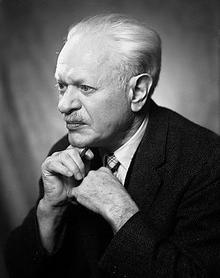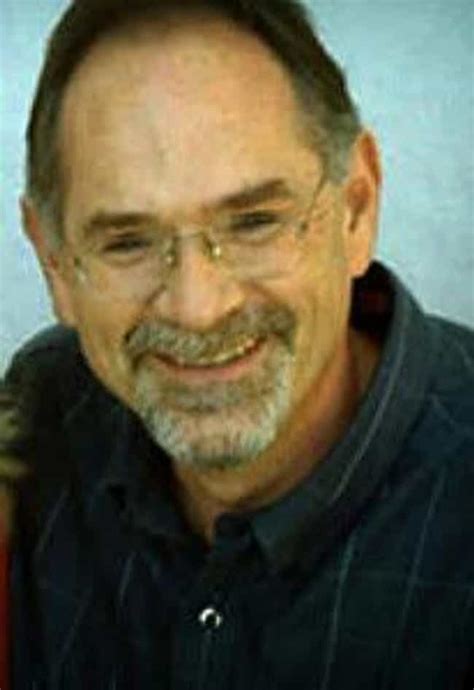A Quote by Carl Safina
Any honest inquiry into the reality of nature also yields insights about ourselves.
Related Quotes
What art should be about,' they will say, 'is revealing exquisite and resonant truths about the human condition.' Well, to be honest - no, it shouldn’t. I mean, it can occasionally, if it wants to; but really, how many penetrating insights to human nature do you need in one lifetime? Two? Three? Once you’ve realised that no one else has a clue what they’re doing, either, and that love can be totally pointless, any further insights into human nature just start getting depressing really.
Reality became for me a problem after my experience with LSD. Before, I had believed there was only one reality, the reality of everyday life. Just one true reality and the rest was imagination and was not real. But under the influence of LSD, I entered into realities which were as real and even more real than the one of everyday. And I thought about the nature of reality and I got some deeper insights.
There are sacred moments in life when we experience in rational and very direct ways that separation, the boundary between ourselves and other people and between ourselves and Nature, is illusion. Oneness is reality. We can experience that stasis is illusory and that reality is continual flux and change on very subtle and also on gross levels of perception . . . When people bother you in any way, it is because their souls are trying to get your divine attention and your blessing.
... [L]ess than at any time does a simple reproduction of reality tell us anything about reality. A photograph of the Krupp works or GEC yields almost nothing about those institutions. Reality proper has slipped into the functional. The reification of human relationships, the factory, let's say, no longer reveals these relationships. Therefore something has to be constructed, something artificial, something set up.
Buddha was speaking about reality. Reality may be one, in its deepest essence, but Buddha also stated that all propositions about reality are only contingent. Reality is devoid of any intrinsic identity that can be captured by any one single proposition - that is what Buddha meant by "voidness." Therefore, Buddhism strongly discourages blind faith and fanaticism.
The answer to the nature of our existence is somewhere in the middle, and that, of course, is what we're looking for: how to see ourselves in a new picture of ourselves and understand the questions that humans have asked forever, "Who are we, how did we get here, where are we going, and what's the nature of this reality that we're in?"
Since consciousness is the basis of all reality, any shift in consciousness changes every aspect of our reality. Reality is created by consciousness differentiating into cognition, moods, emotions, perceptions, behavior, speech, social interactions, environment, interaction with the forces of nature, and biology. As consciousness evolves, these different aspects of consciousness also change.
Sometimes I have experienced God in extraordinary ways - in dramatic surprises or soul-expanding insights or unexplainable mystical encounters. More often, I have felt God's reality in the simple encouragement of a friend, in the gentle inspiration of a sermon, or in the familiar ritual of the Eucharist and I'd be less than honest if I didn't also say that at times, I've found myself in the spiritual doldrums, cast adrift, wondering if the wind would ever blow again.



































